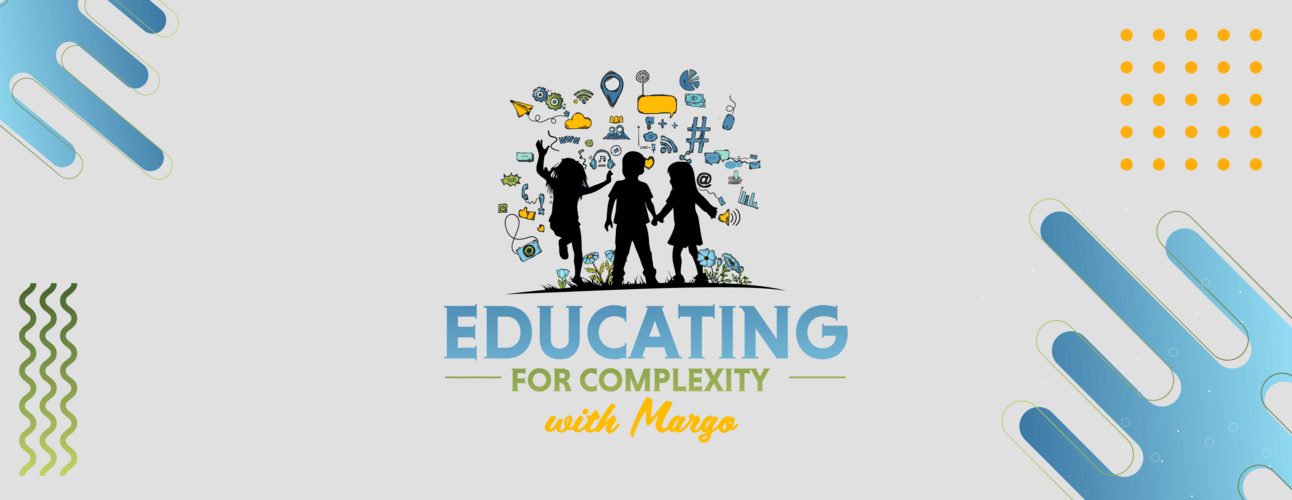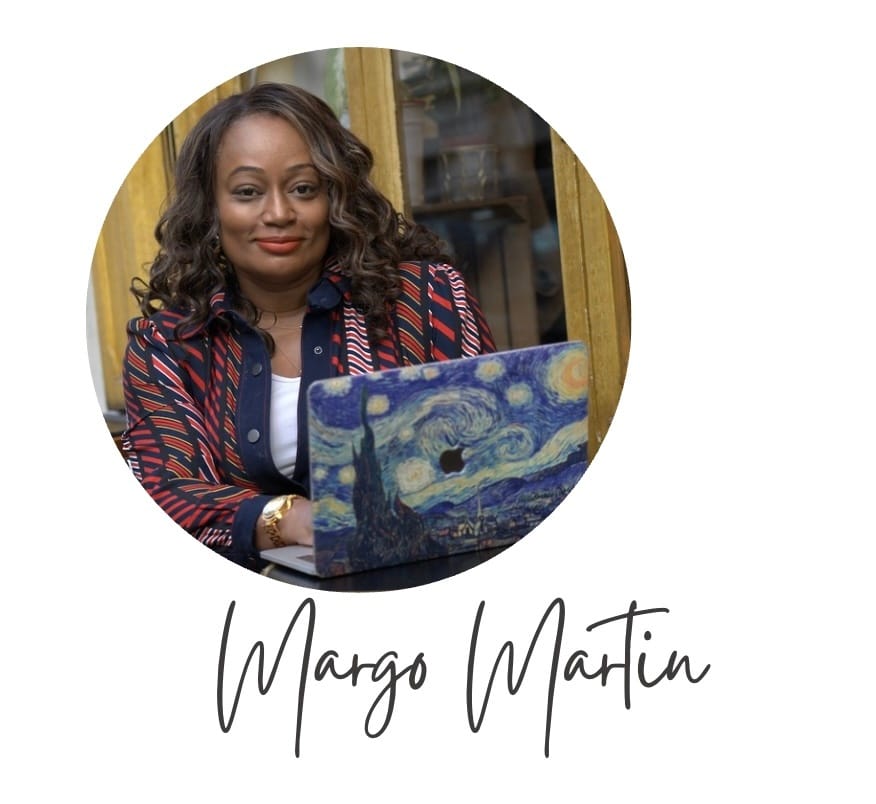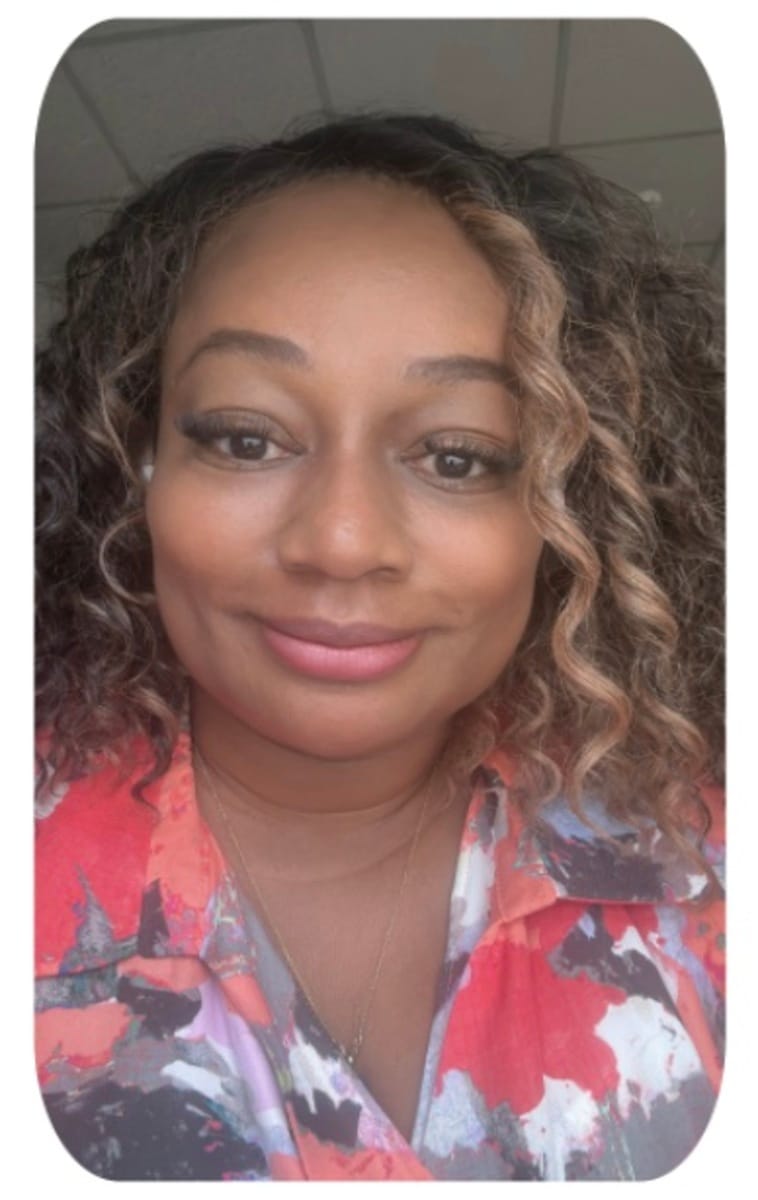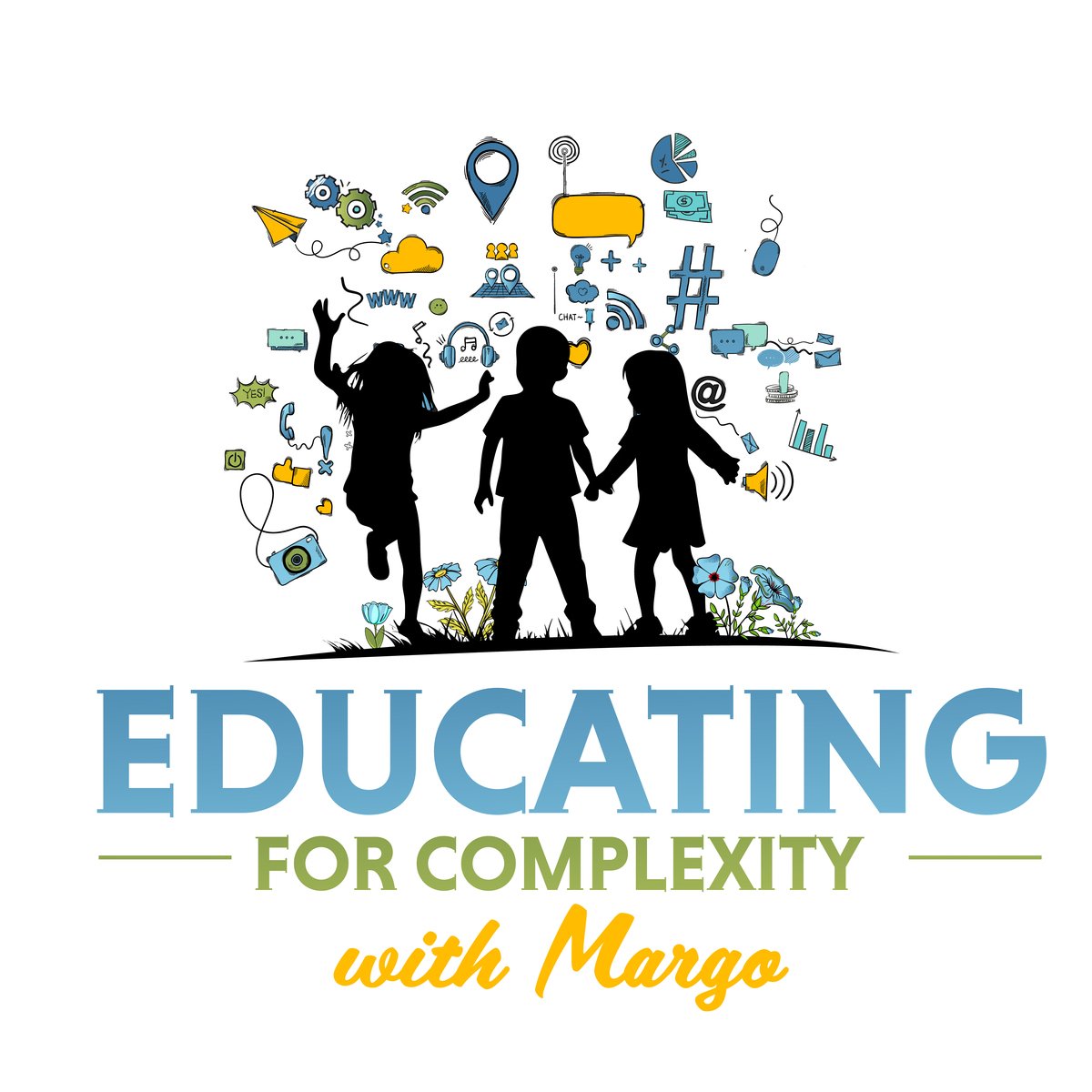
Welcome to the 1st Edition
Welcome to the first issue of Educating for Complexity!
In this issue we offer you the following:
A Big Idea: Why Competency-Based Learning Matters in an AI Driven Future
Ideas with Consequences: A Roundup of 3 ideas to consider
Intellectual Character Please: An opportunity to put your teen’s TikToK and Instagram reel skills to use for their future
Let’s dive in…..
A BIG IDEA
A BIG IDEA
Why Competency-Based Learning Matters in an AI-Driven Future (and Might Just Save Us From the Robots)
Over the past month, I’ve found myself reflecting deeply on the dramatic changes reshaping our world. We’re living in the midst of the Fourth Industrial Revolution, and it's raising a big question: Are we giving young people the opportunities they need to build meaningful, transferable skills—skills that will serve them throughout their lives?
As part of this exploration, I’ve been writing a series on whether college is still relevant. (Check out [Part One] and [Part Two] if you haven’t yet.) I started to feel a bit like I was on an island—until I stumbled into a podcast by Jennifer Gonzalez, creator of The Cult of Pedagogy, who reminded me about the work of the Mastery Transcript Consortium who has been advocating for the shift to portfolios instead of transcripts in schools and for college admissions.
Picture this: your kid comes home from school excited—not because they aced a multiple-choice test on mitochondria (though, go mitochondria), but because they led a roundtable discussion on climate solutions. No frantic grade-chasing, no mystery letter grades. Just learning that feels... real. What is more the kid has a video and a before and after reflection of the performance to archive for future reflection and progression of growth.
That’s the world of competency-based learning (CBL), and it’s not just a warm and fuzzy alternative to traditional grading. It’s a game-changing approach, especially in a world being rapidly rewritten by artificial intelligence.
So what is it?
CBL is about mastering skills—not memorizing facts for a quiz you'll forget by Tuesday. Students progress when they’ve actually learned something, not just when the calendar says they should. Teachers use school-wide rubrics (think: one giant, organized checklist of awesomeness) to evaluate critical skills like analysis, communication, collaboration, and creativity. These skills don’t expire like last year’s math formula—they grow with students across subjects and into their lives.
A recent episode of the Cult of Pedagogy podcast dove deep into this with educators Jennifer Gonzalez, Susie Bell, Heather Messer, and Beth Blankenship. They showed how CBL can work in both ultra-progressive schools and good ol’ traditional public schools. Students complete real-world projects, build portfolios, and reflect on their learning. It’s not about “getting an A or 8 points”—it’s about getting better with evidence that you can build on that will follow your progression. Imagine that.
Now, let’s talk about AI, the digital roommate we didn’t ask for but now live with.
READ MORE
IDEAS WITH CONSEQUENCES
IDEAS WITH CONSEQUENCES
Here are three articles that explore the global rise in emotional intelligence and mental health challenges. Each one offers insights, implications, and practical actions that you can take to better support your children.
#1 Klein, Ezra, host. “‘Our Kids Are the Least Flourishing Generation We Know Of.’” The Ezra Klein Show, The New York Times, 1 Apr. 2025.
Here is a podcast interview by Ezra Klein and Jonathan Haidt about his book, The Anxious Generation: How the Great Rewiring of Childhood Is Causing an Epidemic of Mental Illness. Ezra provides a deep dive into the reasoning and suggestions that are profoundly rocking schools and parents about the technology habits of kids and the impact on development and mental health. The explanation about why two years olds should not have IPADS is enlightening. My other favorites are the following:
Delay Smartphone and Social Media Use: Recommending no smartphones before high school and no social media before age 16 to reduce exposure to harmful online content and interactions.
Collective Parental Action: Encouraging parents to collectively agree on delaying their children's access to smartphones and social media to reduce peer pressure and promote healthier development
#2 White, Scott. "Preparing High School Students For A World Dominated By AI " Forbes, 4 Mar. 2025,
In this article, Scott White critiques traditional educational systems that remain focused on standardized testing and have yet to adapt their learning frameworks for today's students. He emphasizes the urgent need for schools to prioritize creativity, critical thinking, and adaptability by adopting innovative approaches such as competency-based learning, project-based curricula, personalized learning plans, and the integration of AI and coding. White outlines ten practices that forward-thinking schools are implementing—or should consider—to make a meaningful impact now. Read this now to see how your kid’s school aligns with his suggestions.
#3 Cantor, Pamela. "Stop Labeling Kids and Start Revealing Their Strengths." The Hechinger Report, 31 Mar. 2025.
In this article, Dr. Cantor challenges the harm caused by labeling and emphasizes the need to be more intentional with our language—especially when it comes to shaping how students see themselves. While the idea may feel familiar, Dr. Cantor offers fresh insights, concrete examples, and compelling reasons to resist labeling today’s youth as the “anxious generation.” Instead, she urges us to recognize that many of these kids are still in the process of growing, with enormous potential ahead. Using a strength-based lens, Dr. Cantor reframes behavioral challenges through meaningful analogies, offering a more holistic and supportive way to understand and respond to students’ emotional needs.
INTELLECTUAL CHARACTER PLEASE
INTELLECTUAL CHARACTER PLEASE
As we move toward a world that’s actively redefining society, it’s more important than ever to value and nurture habits of mind—skills that help us learn how to learn and express the unique creativity that makes us human. Just as important is giving kids meaningful opportunities to build a portfolio of their skills and talents through real-world experiences.
The New York Times Student Podcast Contest
Here is a great opportunity to challenge your teen to put those TiK ToK and Instagram reel skills to test in a formal competition that allows students agency and an opportunity to create an authentic portfolio piece that they can use for high school applications or college applications.
The NYT Podcast invites teens (13-19) to submit original, five-minute podcast on qny topic or format. Students can choose any genre as long as it informs or entertains. Entries must be student create, appropriate, and submitted by May 14, 2025.
NYT Podcast Competition Link Here
How did this newsletter land with you today?
I appreciate you showing up and leaning in as we work together to support young people in finding their way through a complex world.
See you next week.


